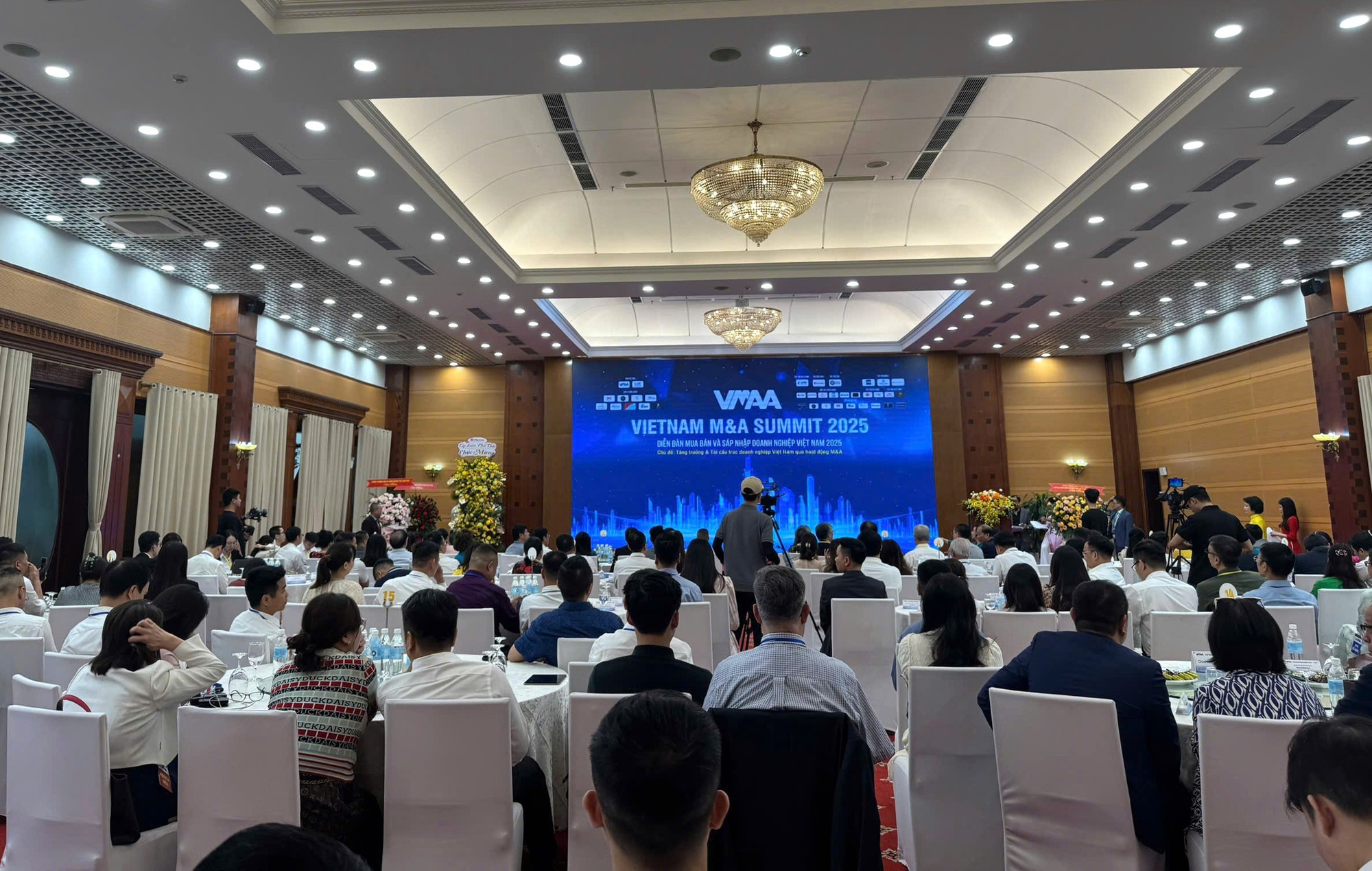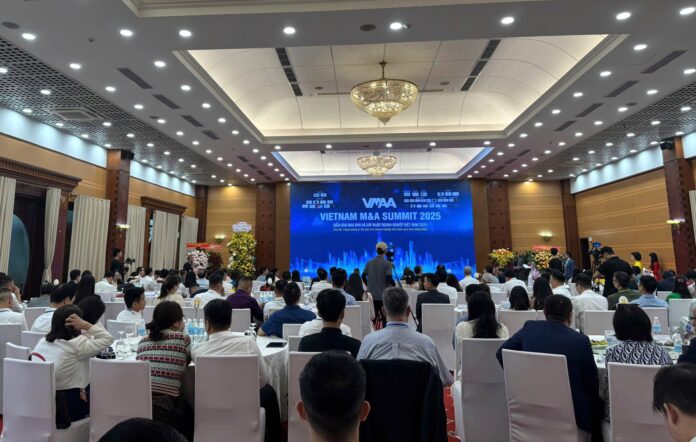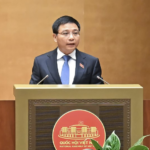
The Vietnam M&A Summit 2025 forum on Mergers and Acquisitions (M&A) with the theme “Growth – Restructuring – Transformation: A New Journey for Vietnamese Enterprises.”
In the context of Vietnam’s economy undergoing a strong transformation towards restructuring and sustainable development, M&A activities are not just a tool for capital but have become a strategy for enterprises to diversify industries, transform models, improve competitiveness, and international integration.
At the Vietnam M&A Summit 2025 forum held on June 26, Mr. Pham Dinh Doan, Chairman of Phu Thai Holdings, shared his perspective on M&A. He emphasized that M&A should not be considered merely as a transaction but as a long-term strategy integral to the enterprise’s vision and core values.
“Development is about being saleable. There are large and powerful enterprises that fail to sell because they lack soul and do not attract investors,” said Mr. Doan.
He stressed that M&A should be incorporated into the 3-year, 5-year, or 10-year development strategy rather than being pursued opportunistically. Success in M&A is not just on paper but is evident in the post-merger results, much like a real marriage.
According to Mr. Doan, only about 30-40% of M&A deals worldwide are considered successful, implying that most fail. These failures are not solely due to financial or legal reasons but also because of cultural disharmony between the merging entities.
He also highlighted the critical importance of cultural and human factors in M&A. Foreign investors from countries like Japan, Thailand, and Europe are increasingly focusing on enterprise culture, management style, and the character of Vietnamese business owners. Mr. Doan shared an instance where an investor, despite holding 80% of the capital, could not manage the enterprise due to the remaining 20% stake.
Another aspect he emphasized was legal preparation. M&A-related laws in Vietnam encompass various legal domains, necessitating enterprises to thoroughly research and proactively prepare documents and procedures to mitigate risks during the due diligence and transfer process.
Given the rapid technological changes, the strong development of AI, and the volatile global market, Mr. Doan believes that Vietnamese enterprises cannot continue to develop in isolation. Linking, merging, or selling to larger corporations is a path to expanding resources, accessing knowledge, technology, and international markets.
Turning to the topic of M&A in the real estate sector, Ms. Dang Thi Thu Huong, CEO of IPC M&A Vietnam JSC and Director of the Real Estate M&A Center, shared her insights.
Ms. Huong identified three key factors for a successful M&A deal in the real estate industry. Firstly, identifying the right entities involves recognizing the buyers and sellers, understanding who has M&A needs, and knowing who holds the suitable M&A deals, forming the foundation for an efficient transaction.
Secondly, thorough preparation before and after M&A is crucial. A successful deal entails not just contract completion but also depends on data standardization, risk analysis, document preparation, and post-merger integration planning.
Thirdly, the market acumen of the consultant or intermediary is vital. In a dynamic and competitive market, the consultant’s role extends beyond mere connection; they must also assess true value, untangle legal complexities, and facilitate successful negotiations.
Alongside success factors, Ms. Huong also warned about common risks in real estate M&A activities, which fall into three main groups.
Firstly, information risk is particularly sensitive. Distinguishing between authentic and misleading information, especially in a context of market data opacity, is a challenge for both buyers and consultants.
Secondly, legal and financial risks arise from errors, omissions, or disputes related to the legal aspects of the project and the financial-accounting structure of the target enterprise, potentially delaying or derailing transactions.
Lastly, planning risks are emphasized by Ms. Huong. Each real estate project may be associated with a 20-30 year planning vision. Thus, investors should pay close attention to factors such as land use plans, construction planning at specific locations, and local urban development strategies.
The Vietnamese Takeover: Local Enterprises Acquire Foreign Partners
“Ambitious domestic enterprises are now expanding their horizons by investing in overseas ventures and acquiring foreign businesses in Vietnam. With this strategic move, they aim to broaden their scope and scale of operations, forging a path towards greater growth and success in new markets.”










































